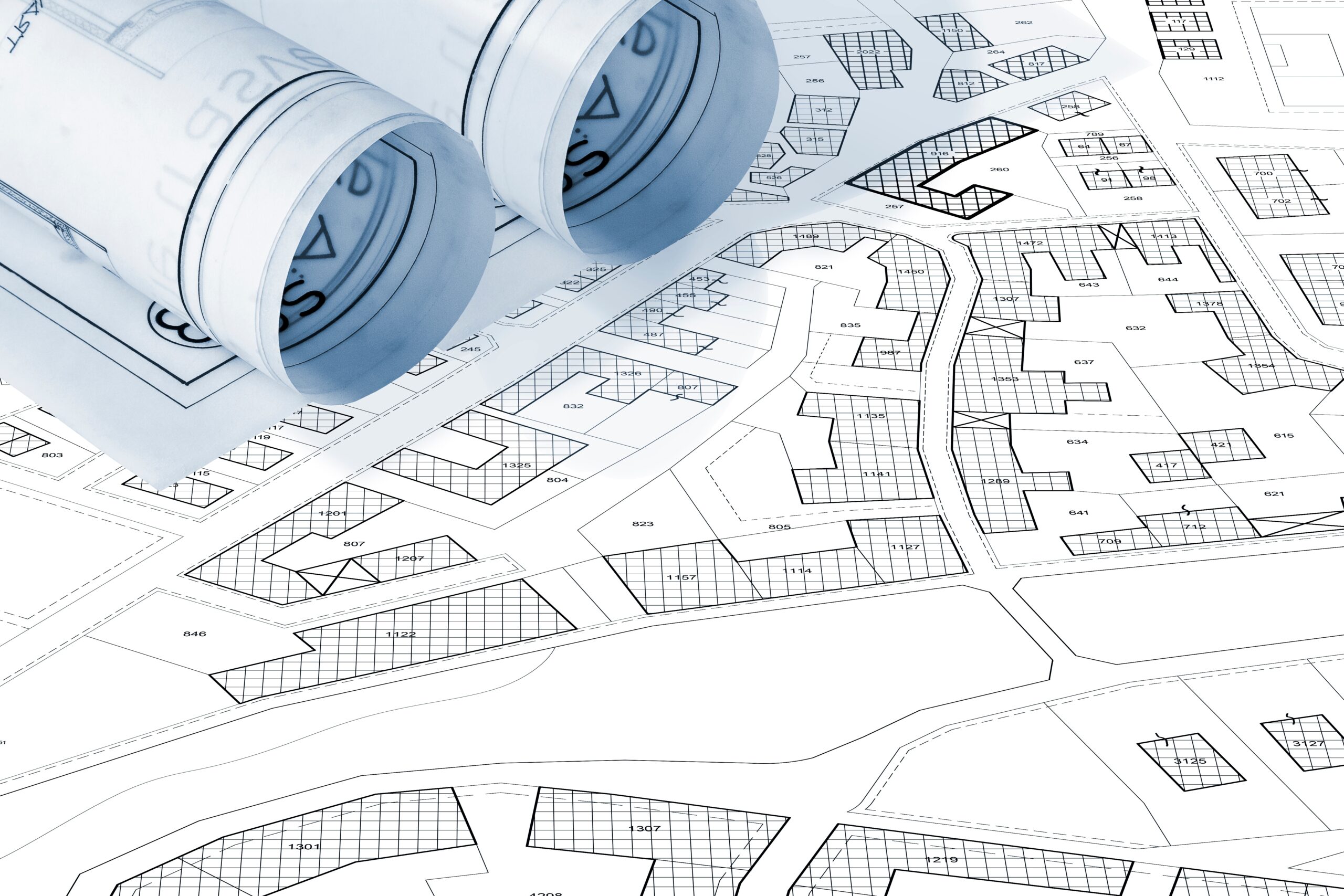Introduction
Is your neighbor violating a county, township, village, or city zoning ordinance? Have you reported the violation to your local government, but the local government refuses to take action? If your neighbor’s violation affects your property value, you may be able to sue directly and enforce the zoning code.
In this article, I will be discussing the right of private landowners to sue under and enforce county, township, village, and city zoning codes against nearby property owners or users, specifically those who are impacting the landowner’s property value or rights.
Background
Zoning ordinances, codes, and regulations are laws enacted by local governments, such as counties, townships, villages, and cities. Zoning laws are designed by local governments to control what a landowner may do with their property and how the property can by improved or changed. The most impactful form of zoning laws relate to land use; for example, a property zoned for a residential land use can only be used for homes, apartments, or condominiums, restricting the landowner from opening a commercial use like a store. Some zoning laws further restrict the intensity of land uses, stopping a landowner from building an apartment within a zone designated for single-family homes. Further, zoning laws can affect the size and placement of buildings, fences, and other improvements through maximum building height restrictions, minimum setback requirements, and minimum parking requirements.
As a general rule, most zoning ordinances, building and housing codes, and other local laws cannot be enforced by a private party. Typically, the local government is the only party with “standing” to enforce such a law. “Standing” is the legal term for the right of a person to file a lawsuit. However, some state laws create a private cause of action to stop or prevent a zoning violation, granting a landowner standing to sue a neighbor or adjoining landowner, as discussed below.
Statutes
Three Ohio statutes grant private landowners the right to sue for a neighbor’s violation of a zoning ordinance – R.C. 713.13 for landowners in cities and villages, R.C. 519.24 for townships, and R.C. 303.24 for counties. These statutes allow private landowners to sue for an injunction against neighbors acting in violation of the zoning statutes if the private landowner is or would be “especially damaged by such violation… .”[1] Injunctions are remedies which do not provide for damages, or monetary relief, but are court orders which directs a party to act or not act in a certain way. For example, if your neighbor is running a business out of their garage, an injunction could force the neighbor to close the business or move it to a different location.
Legal Standing to Sue
In order for a private landowner to have standing to sue for zoning violations, the statutes require that landowners be “especially damaged” by the zoning violation they are trying to enjoin. Ohio courts have fleshed out several avenues by which a landowner can show special damages from a zoning violation sufficient to grant standing to sue.
Lowered property values constitutes special damages; the landowner’s or an appraiser’s testimony that the landowner’s property value has diminished is sufficient to prove standing.[2] Additionally, Ohio courts have found that a landowner has established special damages from a zoning violation where the “character of the neighborhood would be affected in a different manner from other [similar] properties by the proposed use.”[3] Finally, a landowner has a special injury and standing to bring suit where the zoning violation interferes with the landowner’s use and enjoyment of their land.[4]
While R.C. 303.24, R.C. 519.24, and R.C. 713.13 grant a landowner the right to sue for a neighbor’s violation of a zoning statute, whether an injunction is granted is determined by the circumstances, including the costs of compliance with the law and the harm to the landowner created by the violation.[5]
Conclusion
If you need help with local zoning codes or real estate law in Ohio, wish to enforce a local zoning law as discussed in this article, or would like to learn more about zoning and other property codes, contact Chris Finney 513.943.6655, Jessica Gibson 513.943.5677, or J. Andrew Gray 513.943.6658 today.
[1] R.C. 303.24; R.C. 519.24; R.C. 713.13.
[2] Conkle v. S. Ohio Med. Center, 4th Dist. Scioto No. 04CA2973, 2005-Ohio-3965, ¶ 14.
[3] Ameigh v. Baycliffs Corp., 127 Ohio App.3d 254, 262, 712 N.E.2d 784 (6th Dist.1998), see also Verbillion v. Enon Sand & Gravel, LLC, 2021-Ohio-3850, 180 N.E.3d 638, ¶ 46-47, appeal not accepted for review 166 Ohio St.3d 1414, 2022-Ohio-554, 181 N.E.3d 1209.
[4] Miller v. W Carrollton, 91 Ohio App.3d 291, 296, 632 N.E.2d 582 (2d Dist.1993).
[5] Garcia v. Gillette, 11th Dist. Ashtabula No. 2013-A-0015, 2014-Ohio-1868, ¶ 29.


